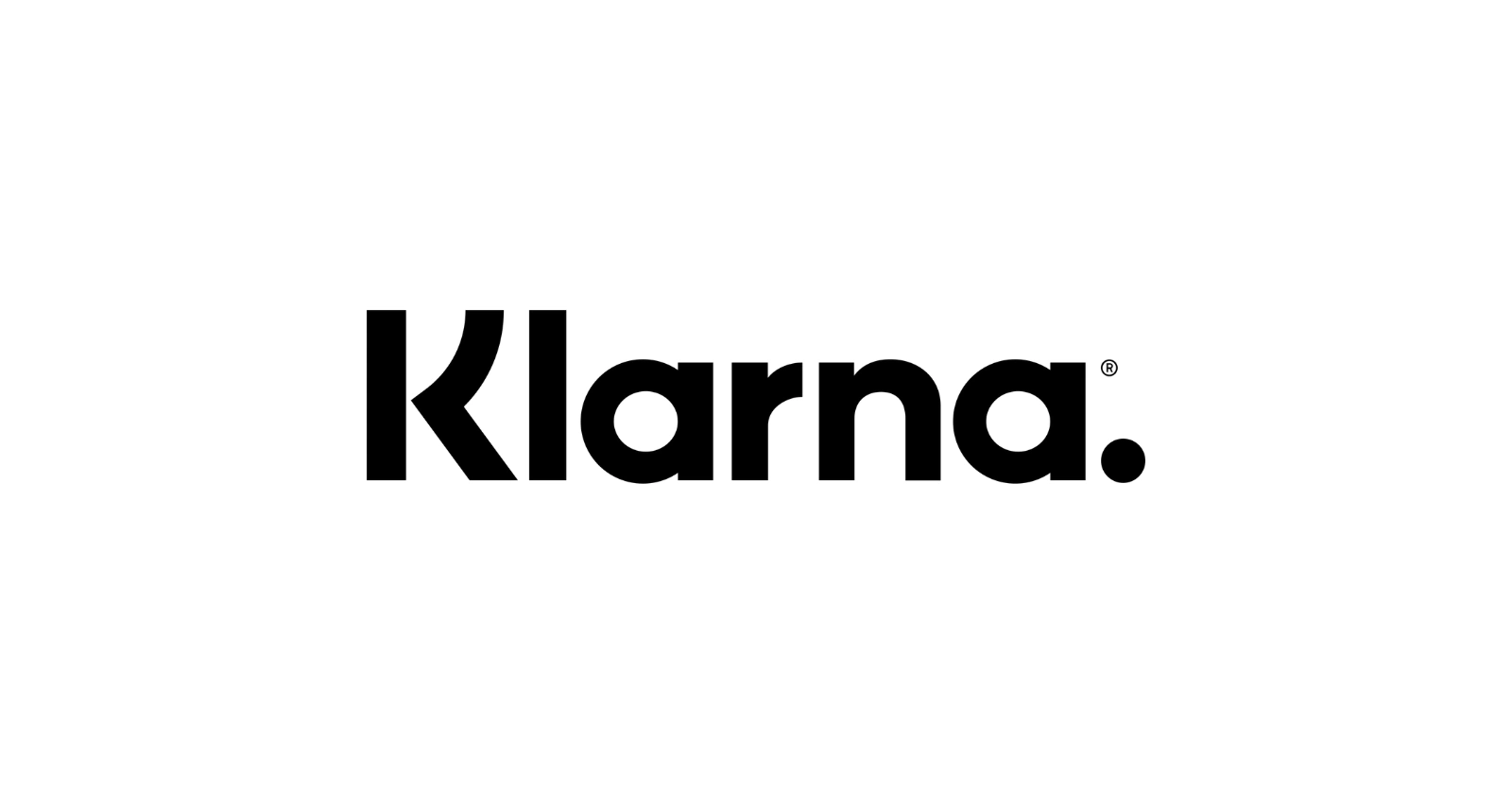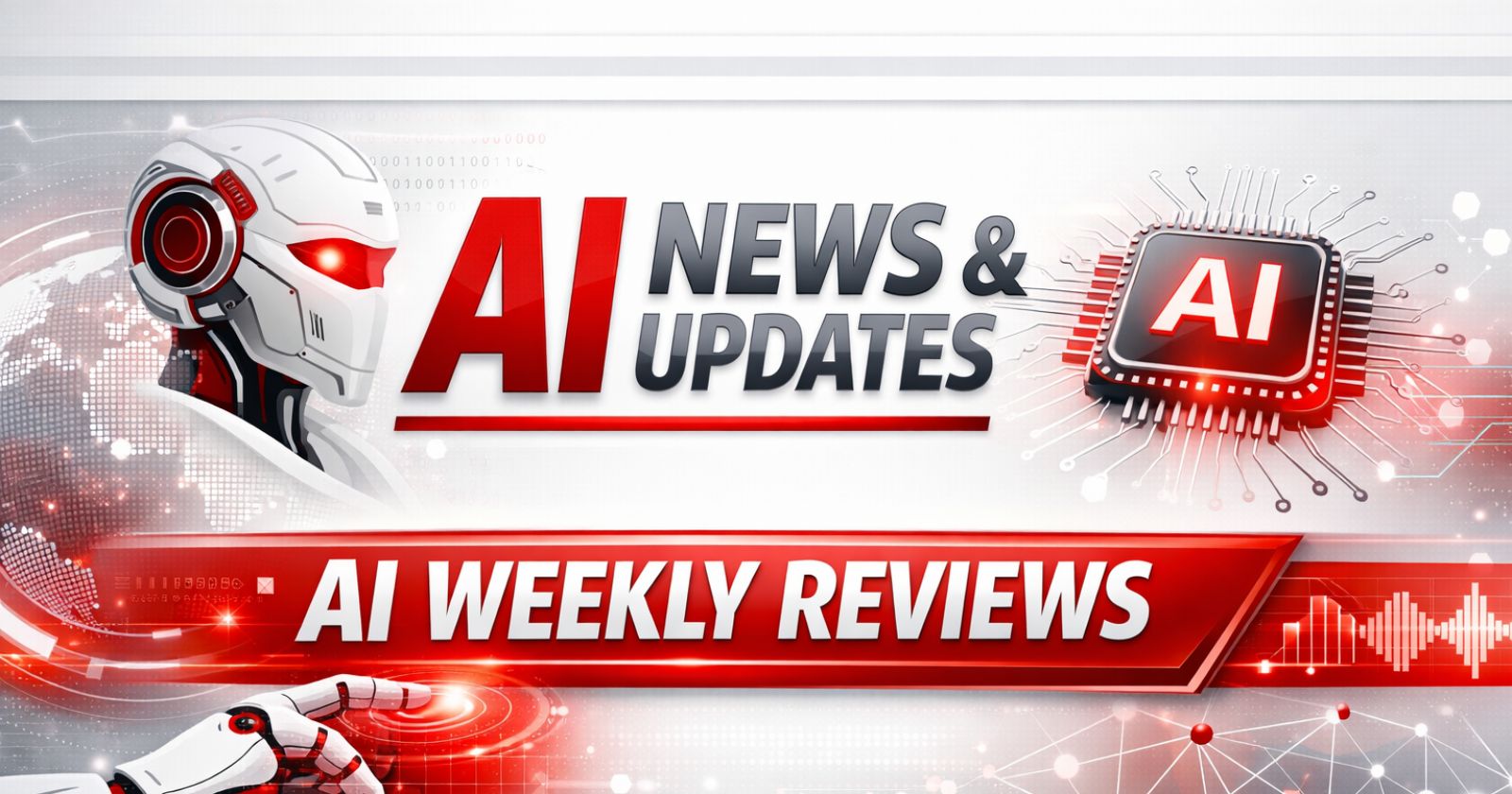New York — As artificial intelligence tools proliferate across industries, the chief executive of buy-now-pay-later pioneer Klarna is delivering a stark message to his counterparts in the tech world: Stop minimizing the profound disruptions on the horizon. Sebastian Siemiatkowski, the 44-year-old co-founder and CEO of the Swedish fintech, has positioned his company at the forefront of AI experimentation.
The results? A workforce reduced by half, soaring revenues, and a recent public debut that valued the firm at nearly $20 billion. Yet in a candid interview with Bloomberg Television on October 9, 2025, Siemiatkowski argued that many executives are glossing over the immediate human costs of this technological leap.
“I feel a lot of my tech bros are being slightly not to the point on this topic,” Siemiatkowski said, critiquing the tendency among leaders to emphasize long-term job creation without addressing near-term pain points. He described a “massive shift coming to knowledge work,” extending far beyond finance into everyday professions.
While acknowledging that AI will eventually spawn new opportunities, Siemiatkowski stressed the urgency for society to adapt, pointing to roles like translators in Brussels—where thousands still hold positions that advanced language models can now handle with high accuracy.
“Society will have to figure out what we are going to do because yes, new jobs will be created, but in the shorter term, that doesn’t help the Brussels translator,” he noted. “He’s not going to become a YouTube influencer tomorrow.”
Klarna’s Bold AI Gamble Pays Off—for Now
Siemiatkowski’s perspective stems from firsthand experience. In 2023, he approached OpenAI CEO Sam Altman with an audacious proposal: Make Klarna the “favorite guinea pig” for ChatGPT’s development.
The company quickly integrated the technology into its operations, launching an OpenAI-powered customer service chatbot in early 2024. Klarna claimed this single tool performed the labor equivalent of 800 full-time agents, streamlining responses for its 111 million global users who rely on flexible payment options at retailers like John Lewis, Asos, and Ticketmaster.
The financial upside has been undeniable. Klarna’s latest earnings showed 38 percent year-over-year revenue growth in the United States, alongside improving profitability. This surge propelled the company toward its long-awaited initial public offering on the New York Stock Exchange in September 2025. Shares debuted at $52, well above the expected range, pushing the market capitalization to $19.65 billion by the close of trading on September 10. Investors, including major stakeholders like Sequoia Capital, raised $1.17 billion through the sale of 34.3 million shares, signaling renewed appetite for high-growth fintech amid a tentative IPO revival.
Behind these gains lies a deliberate pivot to AI-driven efficiency. Klarna’s headcount plummeted from 7,400 employees in 2022 to roughly 3,000 by late 2024, a reduction achieved largely through a hiring freeze and natural attrition rates of 15 to 20 percent annually. “We’re simply not recruiting, which means that we can avoid doing layoffs,” Siemiatkowski explained, framing the strategy as humane yet pragmatic. The savings from lower payroll—estimated to have freed up significant resources—were redirected to accelerate compensation for remaining staff. “They are seeing a huge benefit from our supplying AI internally,” he added, noting that higher pay has helped retain talent in a competitive market.
Not all implementations have been seamless, however. Early customer feedback highlighted frustrations with the chatbot’s limitations, such as handling complex queries or providing empathetic support. In May 2025, Siemiatkowski acknowledged this in another Bloomberg discussion, admitting that an overemphasis on cost-cutting had occasionally compromised quality. “Really investing in the quality of the human support is the way of the future for us,” he said, signaling a hybrid model where AI augments rather than fully supplants people.
A CEO Living the AI Revolution
Siemiatkowski’s enthusiasm for AI extends beyond boardrooms into his personal life, underscoring the technology’s pervasive influence. He uses it constantly for tasks ranging from code exploration—affectionately dubbed “vibe coding”—to generating replicas of himself for public appearances. During a May 2025 earnings call, an AI version of the CEO delivered remarks in his exact voice and likeness, a stunt that blurred the lines between human oversight and automated delivery. Klarna even introduced a 24/7 “AI CEO Hotline” that fields customer inquiries in Siemiatkowski’s conversational tone, available in English and Swedish.
At home, the intrusion is equally evident. “My wife is complaining because when the kids go to sleep, I’m like, ‘Hey, can I just go and vibe code a bit?'” he shared with a light chuckle during the Bloomberg interview. “But it’s so intriguing, it’s so fantastic to learn these technologies. People should not be afraid of technology.” This blend of professional zeal and domestic anecdote humanizes a leader often seen as a fintech visionary, reminding observers that AI’s adoption is as much cultural as it is operational.
Broader Echoes: AI’s Double-Edged Sword in Finance and Beyond
Siemiatkowski’s candor arrives amid a swelling chorus of executive voices grappling with AI’s implications. Ford Motor Co. CEO Jim Farley and Anthropic CEO Dario Amodei have similarly flagged risks to millions of jobs globally, from manufacturing to software development. In banking, where Klarna operates, the technology promises to erode “excessive profits” by automating rote tasks and enhancing competition, Siemiatkowski predicted. “Overall, it is good for society,” he said, though he voiced concerns about AI’s deployment in non-democratic nations, where it could exacerbate inequalities.
These warnings coincide with macroeconomic jitters. Just days before Siemiatkowski’s remarks, the Bank of England issued a cautionary report on October 8, 2025, highlighting the “growing risk” of an AI-fueled market bubble bursting. The bank’s Financial Policy Committee noted that soaring valuations—exemplified by OpenAI’s jump from $157 billion to $500 billion in a year—mirror the dot-com era’s excesses, leaving equities vulnerable to a “sharp market correction” if AI progress disappoints. The International Monetary Fund echoed this in a parallel alert, urging diversification to mitigate concentration in AI-heavy indices like the S&P 500, where just seven stocks have driven over half the gains since late 2022.
JPMorgan Chase CEO Jamie Dimon amplified the unease on October 9, telling the BBC he was “far more worried than others” about a potential downturn within six months. For firms like Klarna, thriving in this environment means balancing innovation with resilience. As Siemiatkowski put it, the key lies in honest reckoning: AI will not just change jobs—it will redefine how societies value and sustain them.
In the end, Klarna’s story is a microcosm of a larger reckoning. What began as a nimble startup in 2005 has evolved into a $19 billion powerhouse, proving AI’s power to amplify efficiency and growth. But as Siemiatkowski’s voice cuts through the optimism, one truth emerges: The real test is not in the code or the chatbots, but in the choices leaders make to cushion the fall for those left behind. With markets humming and regulators watching, the fintech world—and the workers within it—stands at a pivotal crossroads.



